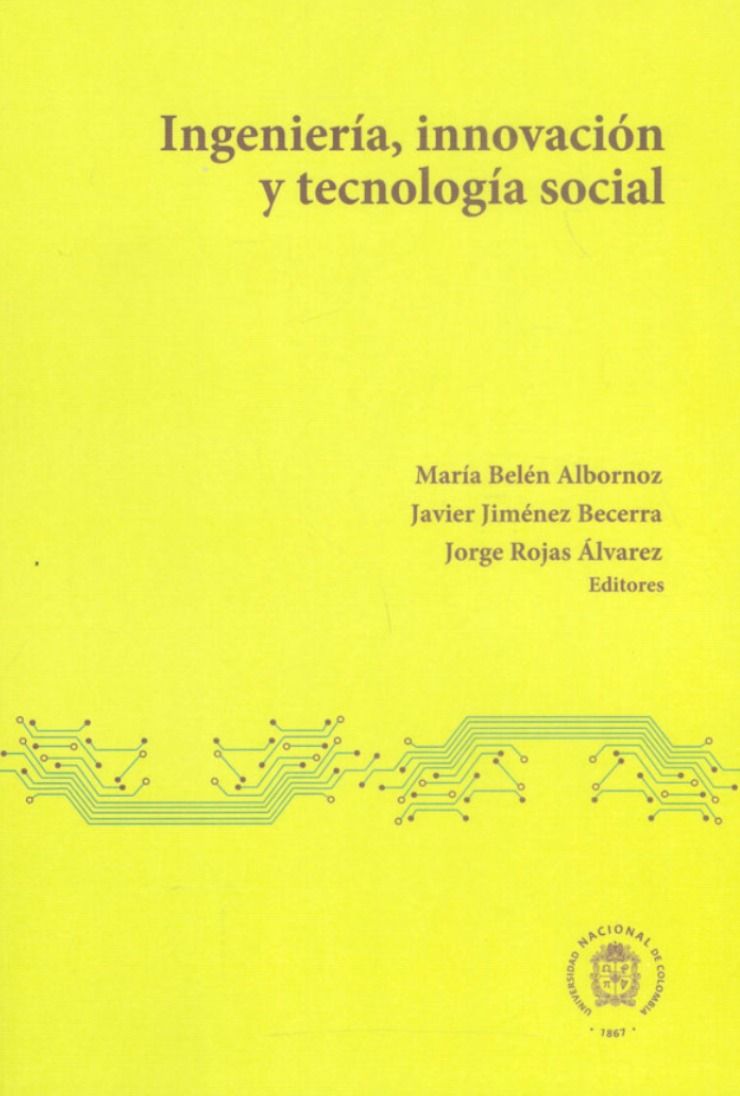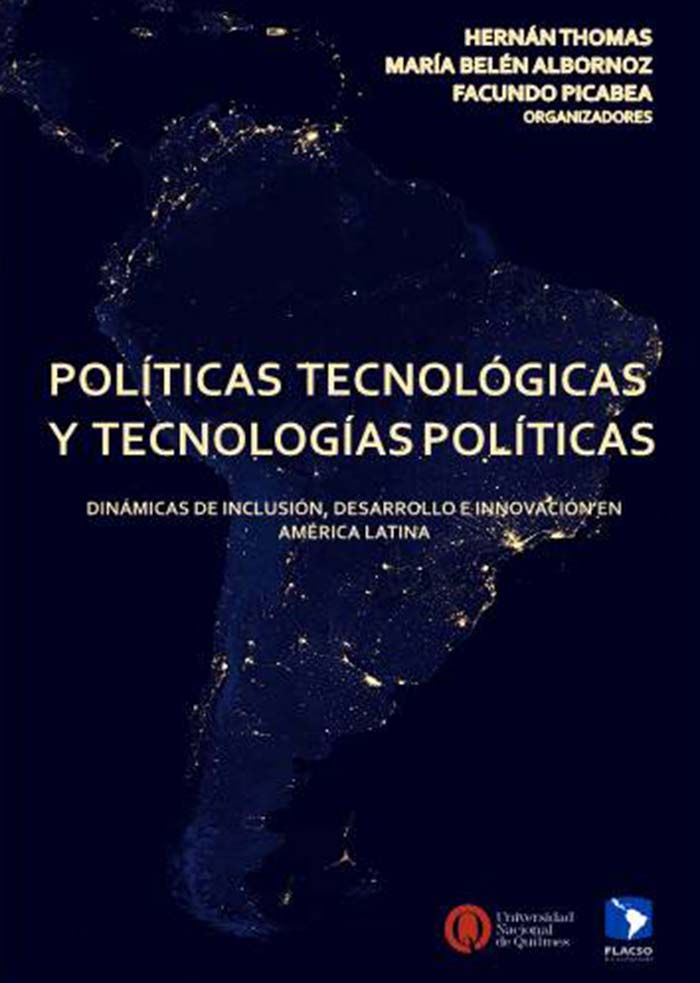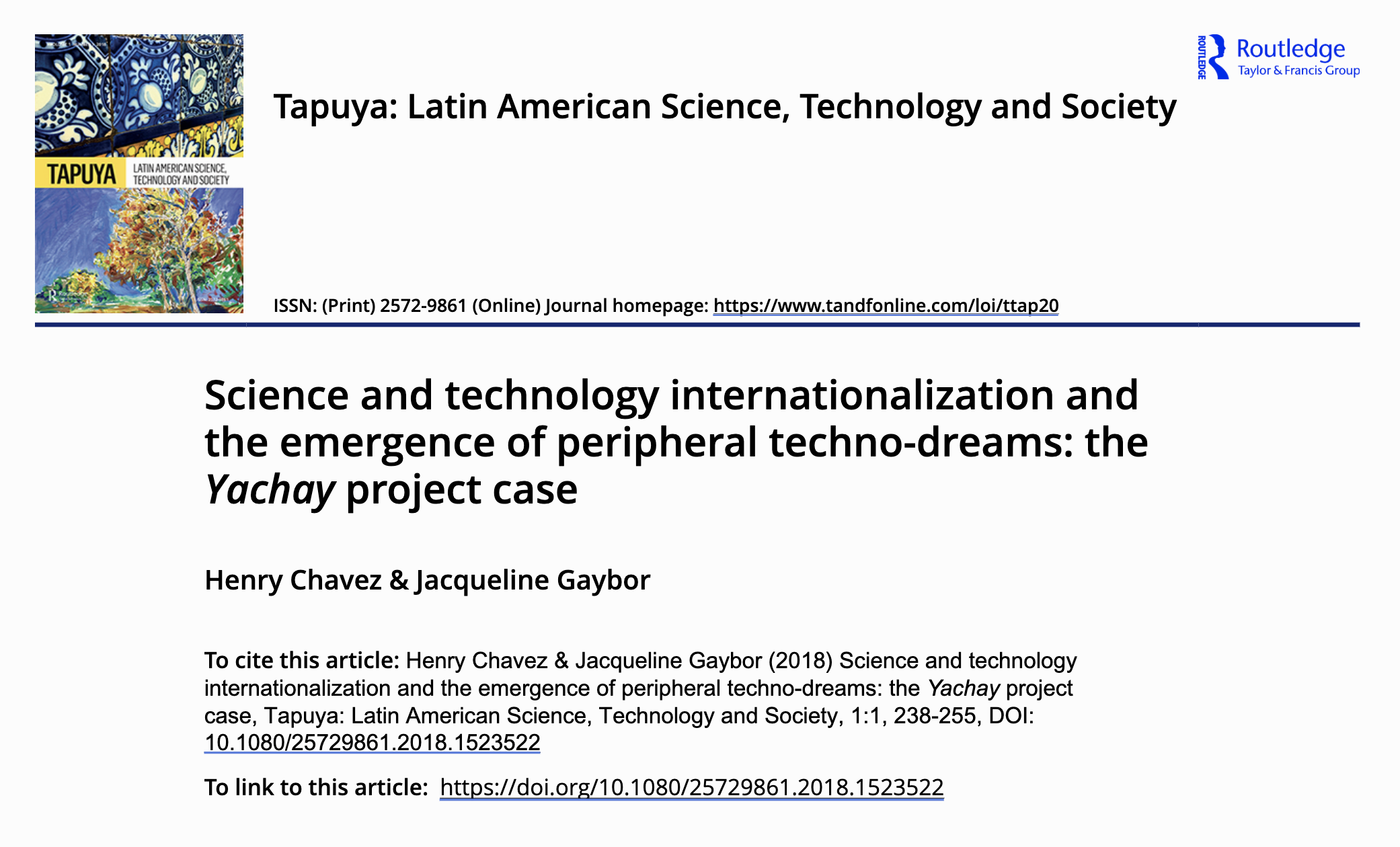
Albornoz, María Belén, Gaudys L. Sanclemente, Anderson Castro, and Natalia Ortega. 2019. “Ecuadorian STS: A Story from the Middle of the World,” created by María Belén Albornoz and Gaudys L. Sanclemente. In Innovating STS Gallery Exhibit, curated by Aalok Khandekar and Kim Fortun. Annual Meeting of the Society for Social Studies of Science. New Orleans, USA, Sept 5. https://stsinfrastructures.org/content/ecuadorian-sts-story-middle-world. | Art Director: Gaudys L. Sanclemente. Image credit: Manuel Garcia.
I. Meta-Narrative: Ecuadorian STS: A Story from the Middle of the World
II. CTS Lab: Science, Technology, and Society Platform in Ecuador
III. Exploring STS in Ecuador
IV. Institutionalizing STS
V. New Actors and New Communities
VI. STS Co-Production
Where does a new research field start? This question is fundamental in understanding the emergence of STS Studies in Ecuador and how it became naturalized over the past decade. This exhibition aims at exploring the controversies, legacies, challenges and genealogies of the evolution of the STS communities in Ecuador.
At CTS LAB, we have been witnesses and protagonists of this STS story from the middle of the world. Our purpose is to register all the inscription devices of the institutionalizing of STS as a field of training and research in the country. In order to narrate the building of an epistemic community that is now spreading throughout the Andes, we go back more than a decade to: (i) recognize the imprint of the Latin American STS genealogy in our foundational community; (ii) explore the construction of the academic network; (iii) explain the institutional barriers of studying science and technology and how we overcame these challenges; (iv) describe the stabilization of the field within academy and grass roots organizations; and (v) innovate and imagine STS in the Global South.
Ecuadorian STS studies were born out of the political concern of the Latin American scholars over science and technology. A regional movement geared to questioning technological dependence, the role of sciences in a peripheral context, and public policies of science, technology and innovation. These debates were compiled by the Latin American STS Journal Redes and authors such as Jorge Sábato, Oscar Varsavsky, Amílcar Herrera, among others. Later on, other STS theoretical traditions were explored in academic programs, research centers, and laboratories promoting new STS international networks, dialogues, and lines of research.
By describing the struggles of scholars, students, and practitioners during the rise of this field, we are also comprehending the social, cognitive, institutional, and political dimensions of the development of STS in the Global South.
María Belén Albornoz
Gaudys Sanclemente
Quito, 2019
STS in Ecuador started in 2008 as a study group at the Media Studies Program in FLACSO Ecuador. Four professors and six students organized a monthly presentation of introductory STS literature in order to explore the relationship between technology and society. All students who were part of the group incorporated an STS approach in their master’s thesis, becoming the first STS trainees in the country.
The study group developed a methodology in order to debate the programmed literature. Each participant had to prepare a synthesis of a book section of 800 words, and one volunteer had to take notes of the group debate and place it under the synthesis using italic font. The editing of the text was carried out by one student under a professor’s supervision, and the final step was to use Creative Commons licenses for allowing others to copy, distribute, and make some uses of the text. All texts could be downloaded from a website and created to facilitate access to the academic group production.
The first two books read and debated with this methodology were: Representing and Intervening by Ian Hacking, and Science in Action by Bruno Latour.

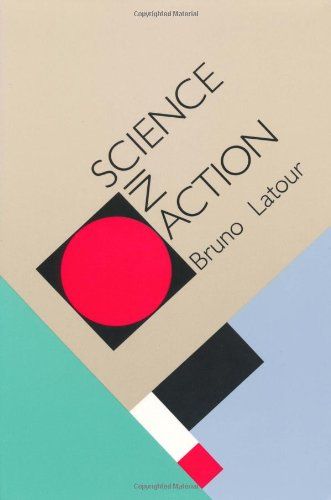
STS became part of the Media Studies Masters degree very soon with an Introductory STS Course, and an STS thesis workshop, allowing more students to be trained as STS researchers. In the first two years more then 15 graduate students had written their thesis using STS lenses. All their work can be found at FLACSO’s digital repository www.flacsoandes.edu.ec
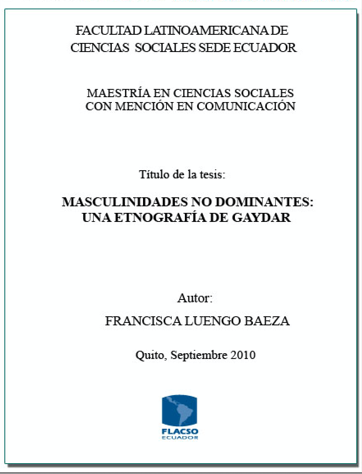
Other students started co-authoring papers based on their master’s research on Latin American Journals, creating even more action at a distance (Latour 1987) of the STS group in FLACSO.
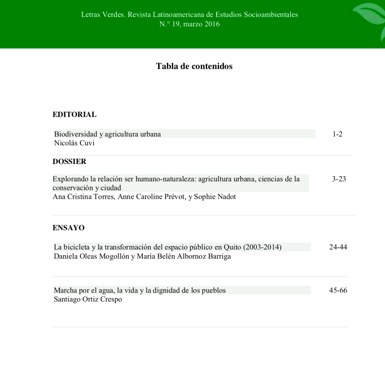
In the following years, professors and students became members of ESOCITE (Latin American Association for the Social Studies of Science and Technology) and 4S. Now we are on the Board of ESOCITE and on the Council of 4S.
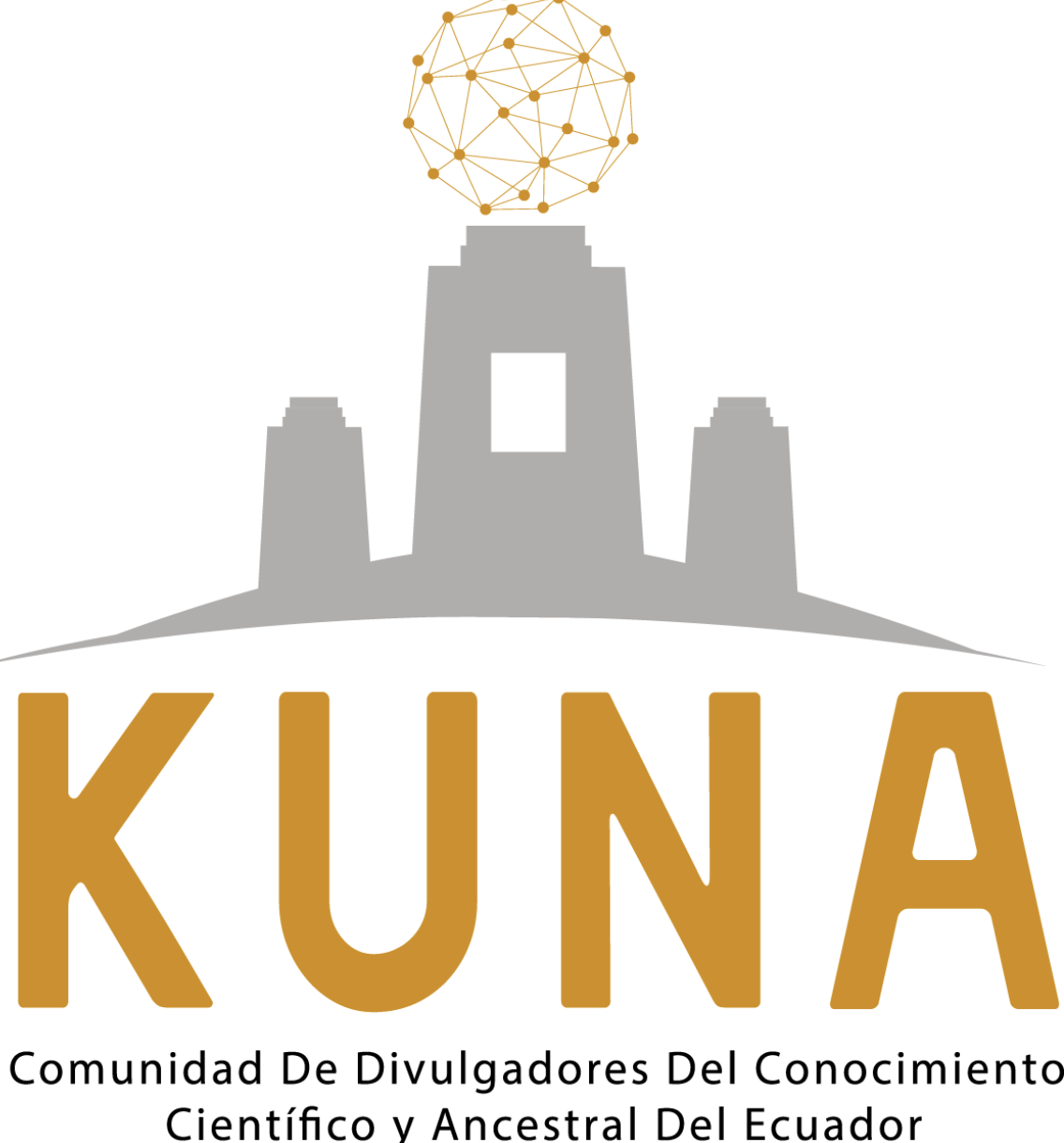
KUNA is a community of social actors, interested in strengthening communication between researchers, scientists, academics, and society in general.
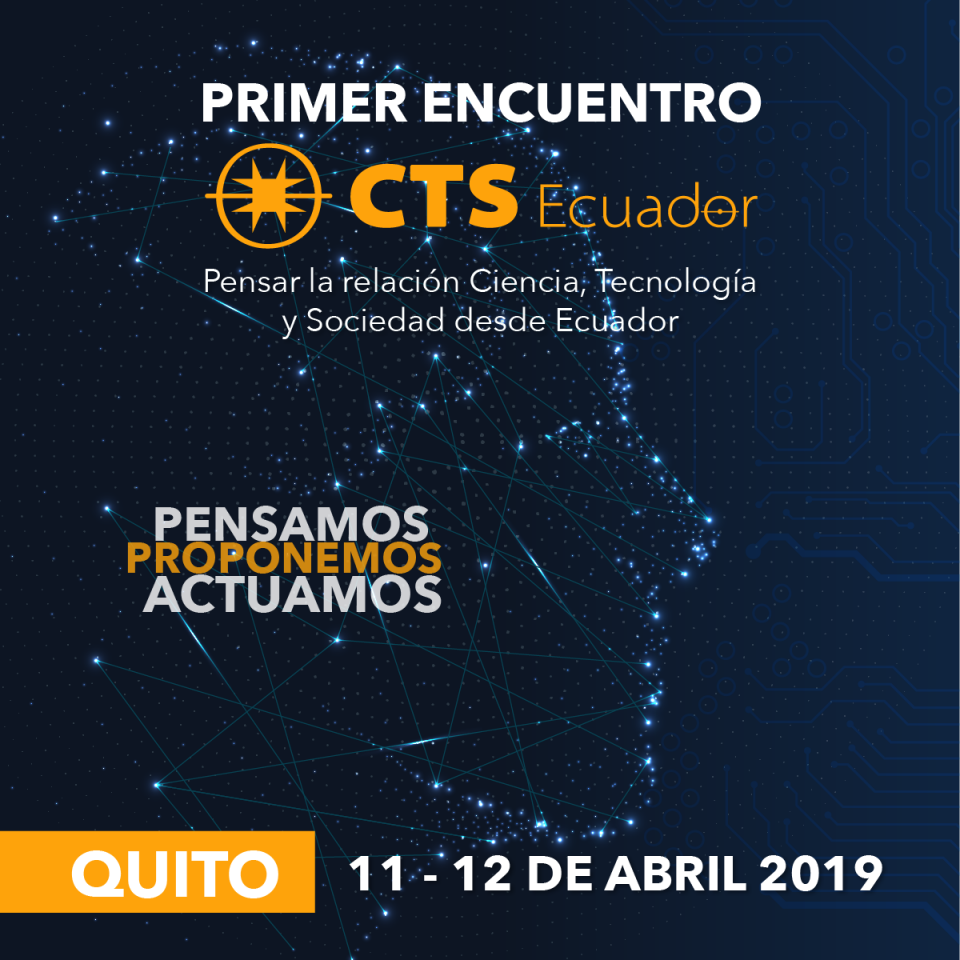
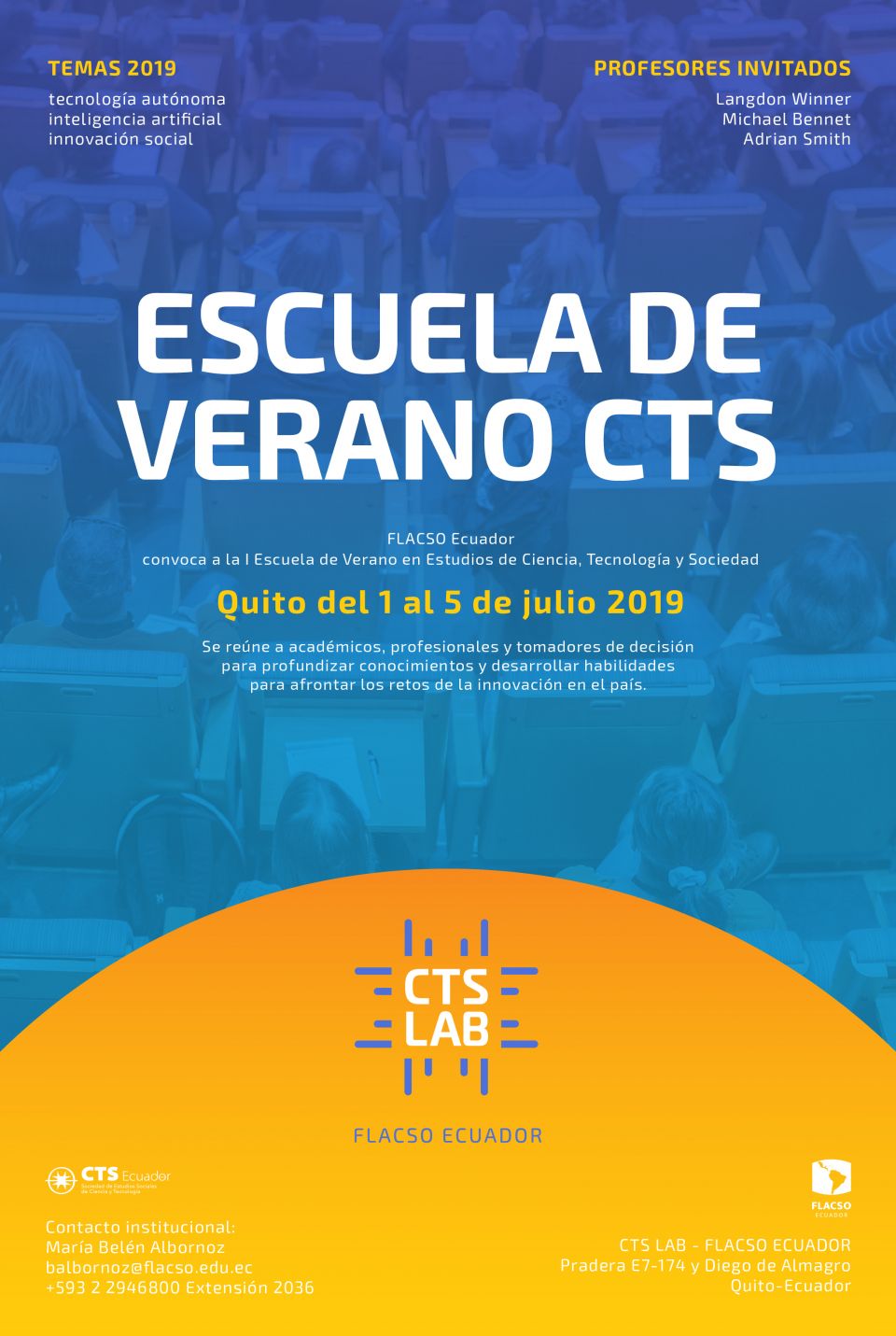
From 2008 to 2012, the STS study group started enrolling scholars from different STS genealogies inviting them to teach in workshops and seminars in FLACSO. Hernán Thomas from Quilmes University was the first to come to Ecuador in various occasions to teach Social Construction of Technology, and remained a great mentor to the group. As well as Langdon Winner from Rensselaer Polytechnic Institute, who organized his workshop around Political Artifacts in Theory and Practice and continues to actively collaborate with CTS LAB. Ernesto Lleras from Los Andes University taught his methodology of Learning Communities and gave a seminar on Critical Studies of Technology. Dominique Vinck from Grenoble from Grenoble University, presented his work on Modes of Mobilization for Network Design, and Juan Manuel González from Los Andes University organized a seminar on Techno-Economic Networks.

Around the same time, the first STS graduate program was launched by the Media Studies program at FLACSO in Quito: Diplomado Superior Tecnología y Desarrollo. During two consecutive years (2011-2012), this online program trained more than 50 students. By 2013 the academic program could not be opened due to a change of the Ecuadorian legal norm of higher education about Diplomados. This type of program was no longer considered under the definition of graduate programs, and they were not allowed to be continued.
STS was incorporated to the curricula of the Media Studies Masters program, the Public Policy Masters program, and the PhD program in Public Policy. By 2020 a new graduate program on STS will be launch online to contribute with the training of STS students in the Andean Region: Especialización en Ciencia, Tecnología y Sociedad.
Yet, despite enthusiasm for interdisciplinary approaches in teaching and researching, many institutional barriers emerge when the graduate program on STS was presented to the University Faculty at FLACSO. Most of those barriers derived from an array of established arrangements and practices that discouraged STS as a new academic field, due to an institutional structure that promoted the continuity of disciplinary programs (Abbott 2001). A great effort had to be made to negotiate the importance of incorporating Science and Technology studies as a new academic program, in order to avoid existing on the margins of established disciplines.
Very similar barriers had to be overcome by STS professors at the National Polytechnic School in Quito, when the PhD program in Technology Management was presented to the Academic Council. The importance of social sciences in STEM disciplines had to be proven before Faculty members and students. Only when the program showed that STS is concerned with understanding how people create new devices and new knowledge, and how STS researchers look at technology and society together, the PhD program was approved and launched in 2017. One year later, the Masters degree in Science and Technology Management was opened at the National Polytechnic School, becoming the first University in the country with two STS graduate programs.
Other universities are now incorporating STS in their teaching and researching, such as Cuenca University once Kaleidos Research Center became functional.
Latin American Faculty of Social Sciences (FLACSO)
National Polytechnic School (EPN)
Cuenca University (UC)
